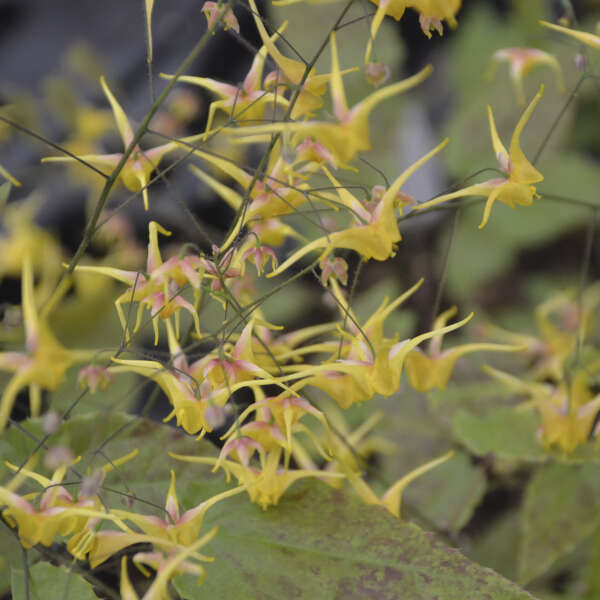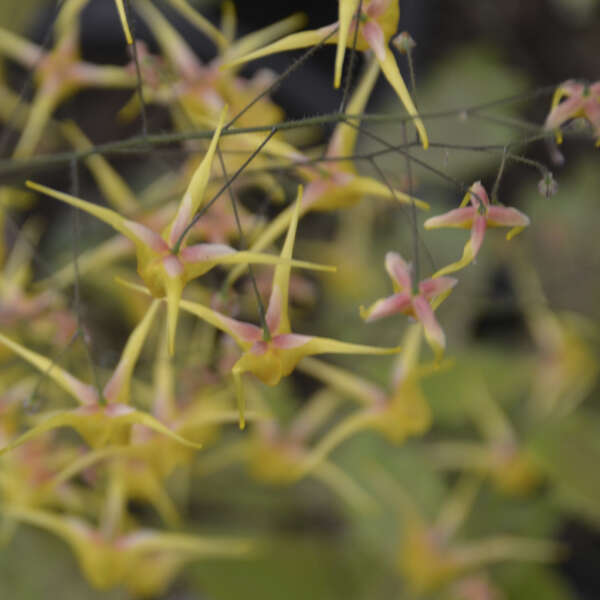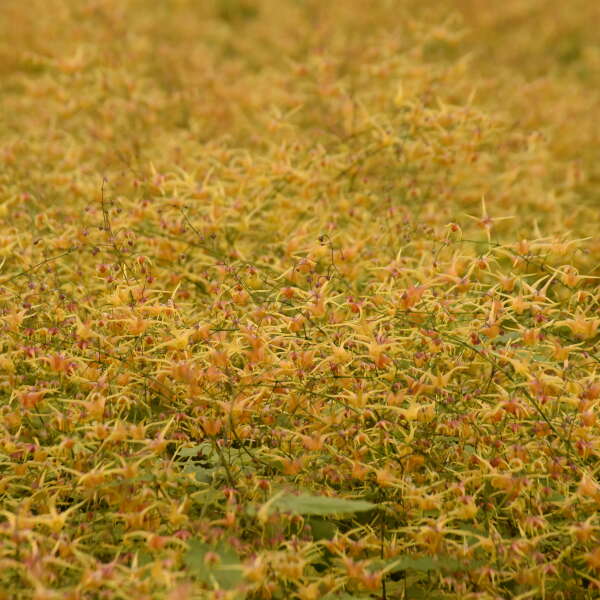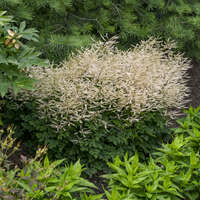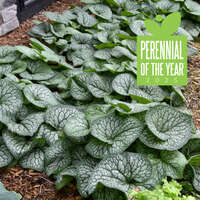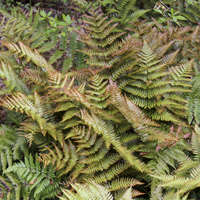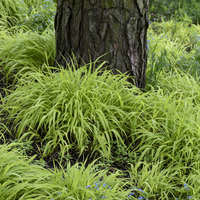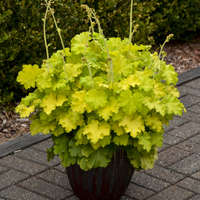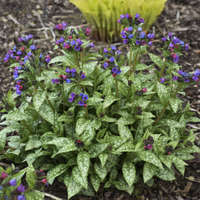Epimedium 'Songbirds'
Common Name: Barrenwort
One of the most floriferous Epimedium selections out there, according to the hybridizer, Tony Avent. Golden yellow flowers have small rose sepals, although at a glance they appear yellow. Its deep green lance-shaped leaves have some sporadic spotting. This variety is a season extender: it flowers later than other offerings and has the longest inflorescence of any we offer. A beautiful choice for dry shade.
Epimedium are one of the few plants capable of surviving in dry shade. Although slow to establish, mature plants will not be missed in the landscape, particularly when in flower. These plants are appreciated for their durability and critter resistance, but loved for the long sprays of jester hat-like flowers in spring.
30ct Plug Tray |
